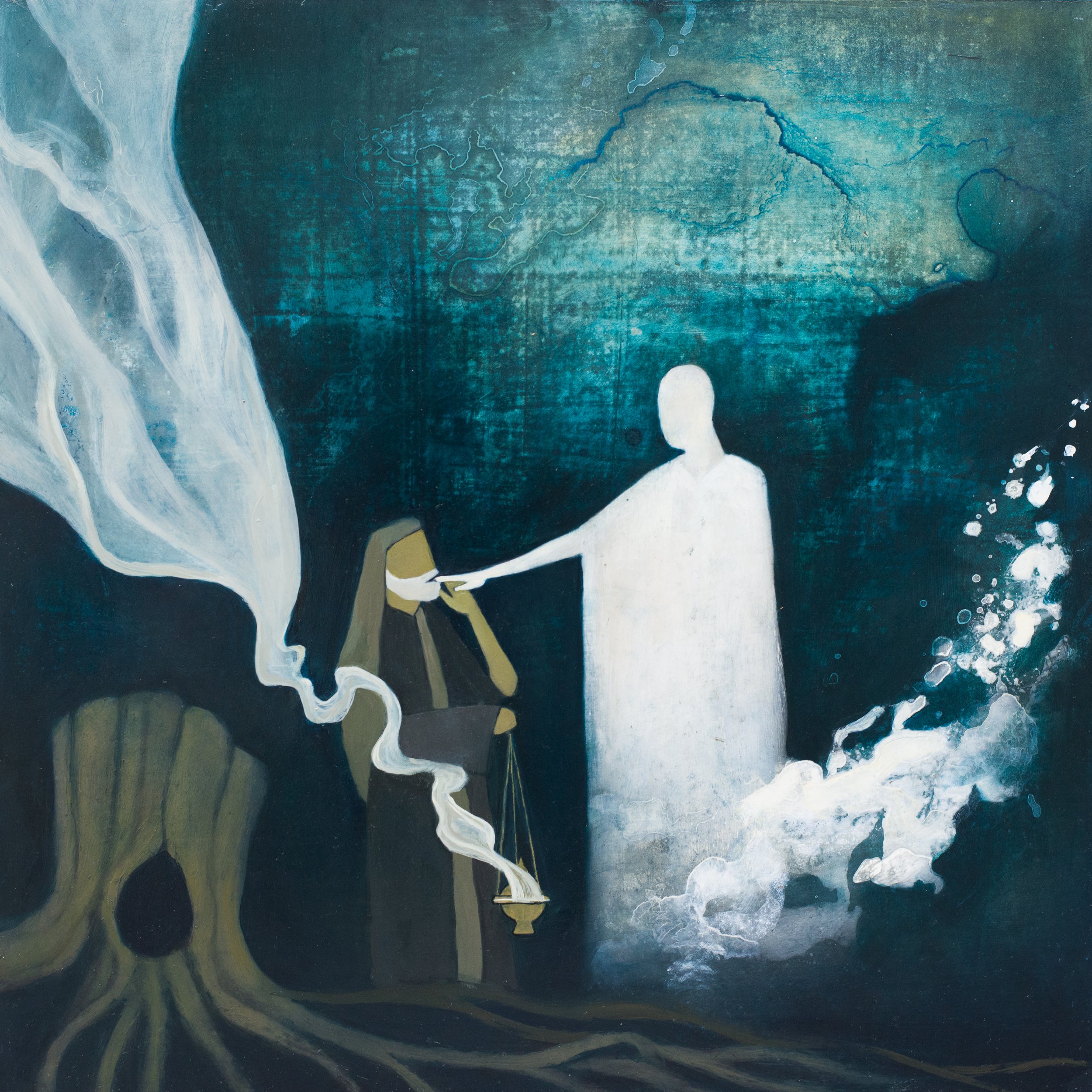
Blog

Do You Desire To Become Whole
The full story of Jesus healing the man by the pool of Bethesda (John 5:1-15) raises all kinds of practical and theological questions. Perhaps the question that most piques my curiosity is this: why does Jesus ask a person who has clearly suffered for a long time if he wants to be well? If he wants to be healed? While I know Jesus is purposeful in all he does, this question has always confounded me....
Our answer to his question, which could also be translated as, “Do you want to become whole?” isn’t always a definitive yes, but more like a tentative maybe. More than likely, what we want is relief. Relief from pain, dis-ease, and discomfort that fester from unhealed fractures. We want the fruit of healing and wholeness without all the hard work it can require.
What would it look like to be open to healing instead of settling, striving, and stuffing?

The God of Both/And
"During Jesus’ ministry, he often challenged people’s long-held beliefs and presuppositions. He didn’t fit into their neat theological constructs or comfortable categories. They couldn’t, and sometimes wouldn’t, see beyond their belief systems. As a result, they missed him. Two thousand years later, we’re often still uncomfortable with a God we cannot fully comprehend. But a God we can understand is a God we can control, and a God we can control is a God who is powerless to save.
How do we reconcile a Savior who embodies such complexity—one who brings both peace and conflict? Who offers an easy yoke and demands we take up our cross? Who zealously overturned tables in the temple and also humbly knelt to wash the feet of those who would abandon and betray him? Who forgives sin and also calls us to obedience? Who is meek and mild and also mighty and fearsome? Who is friend and brother and also Lord and King?"

The Middle Space
"Our days are occupied with what is, spent in the cosmic in-between. We are holy, and we are not yet holy. We are pure and blameless, and yet we are not. We are more than conquerors, yet we are still subject to this world. We are not what we were, but are not yet what we will be. The gravity of this sin-saturated world pulls us down, but our future is caught up in heaven with Christ, with the Spirit of Christ pulling us evermore into him.
Living in liminal space—what theologians call the now and the not yet—is full of uncertainty and can be very disorienting. It requires us to believe, by faith, that what lies behind us does not define us. Not even our present realities define our futures. Our entire lives are determined by the grand narrative of heaven consistently and persistently breaking through into our earthly realities."

The Gift of Going First
When we deny, minimize or spiritualize our sin and suffering, we rob ourselves of the rich experience with pain as our teacher and Jesus as our mender.

A New Resource for Advent
Christ bridged the gap between creation and new creation with his outstretched body— allowing us safe passage out of this no man’s land haunted by the echoes of life and delivering us to the source and substance of life—Christ himself.
